Which metal detector to choose in 2017? (The best Metal Detectors)
Now we have entered the year of 2017, and many diggers probably think about getting a new detector for the new season. Some has even already started to dig on the 1st and 2nd of January, and others, like me, waiting for when the end of the wind, the cold and the snow go away. The first fields will be ploughed, and there will be new discoveries. Over the past year I have used several detectors that I have borrowed from fellow detectorists, to write about the devices in our blog. I can tell you about and recommend some detectors that came out in the last couple of years and are worth paying attention to.
Let me remind you the main idea and the thought of detecting – the detector isn’t the most important thing. The detector is only like a helper, a little helper that will get you a signal, but to dig or not to dig is completely your decision and, in fact, the more you dig, the more finds. Any detector will bring finds. So let’s get going!
How to choose a metal detector in 2017?
We will split the detectors into several groups – for beginners (or, as a second / alternative), for more advanced detectorists, and the professional detectors. Note that this rating is purely my opinion, inspired by my experience and observation, and there is no “best” or “worst” detectors here because it there will never be a “perfect” Detector.
Detector for beginners
If you have just started thinking about starting to detect, then my advice to you – do not immediately chase the coolest and top-end device. The best thing to start is to gain experience, skills and answer yourself the key question: “Is detecting interesting to me?”. Maybe it’s just a “temporary thing”.
For beginners, I would recommend:
Fisher F22 or F44
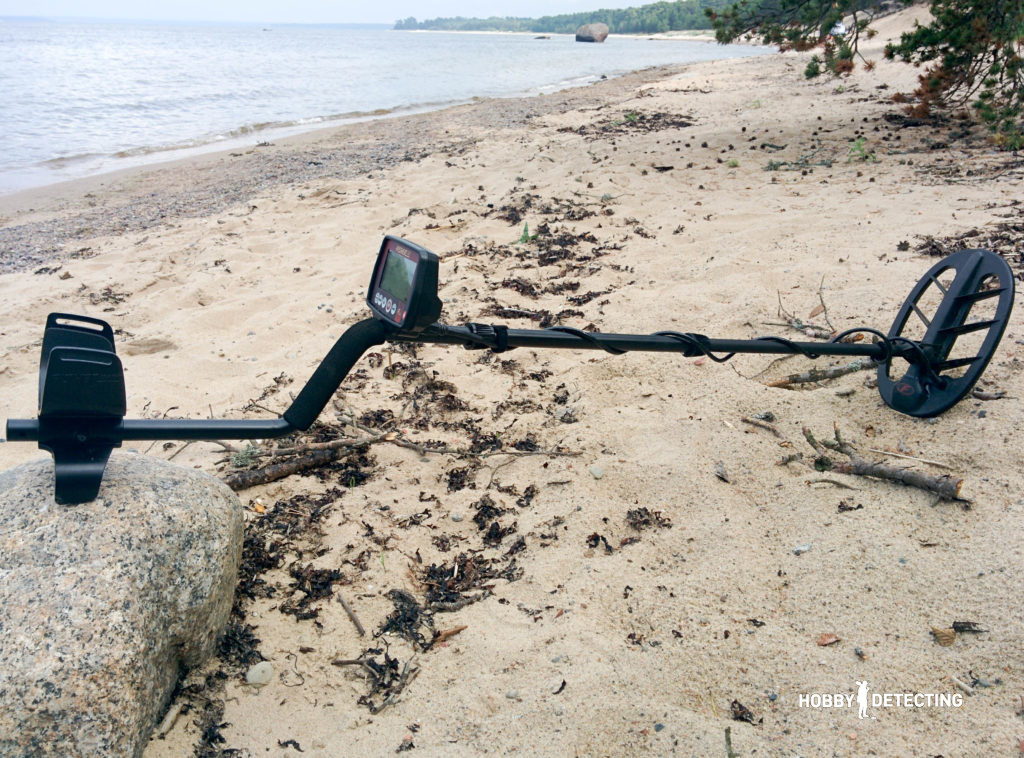
As practice shows, even though it is not obvious if you will detect in the future or not, but sometimes it’s better to think about the future. F44, at the moment, is one of those devices that has good potential and can show themselves even better with a new coil of a third party. F22 can be a good and cheap alternative with enough relevant features and quite a great price for a beginner! The main advantages in Fischer is: the lightness, 2 batteries, good for their class of depth, the VDI performance (you can determine the type of metal beneath the coil and better identify an object in the ground with the help of screen + sound), backlight, volume control (especially important for those who like to dig at night or in silence). More about Fisher F44 can be found here.
Garrett ACE 300i or 400i
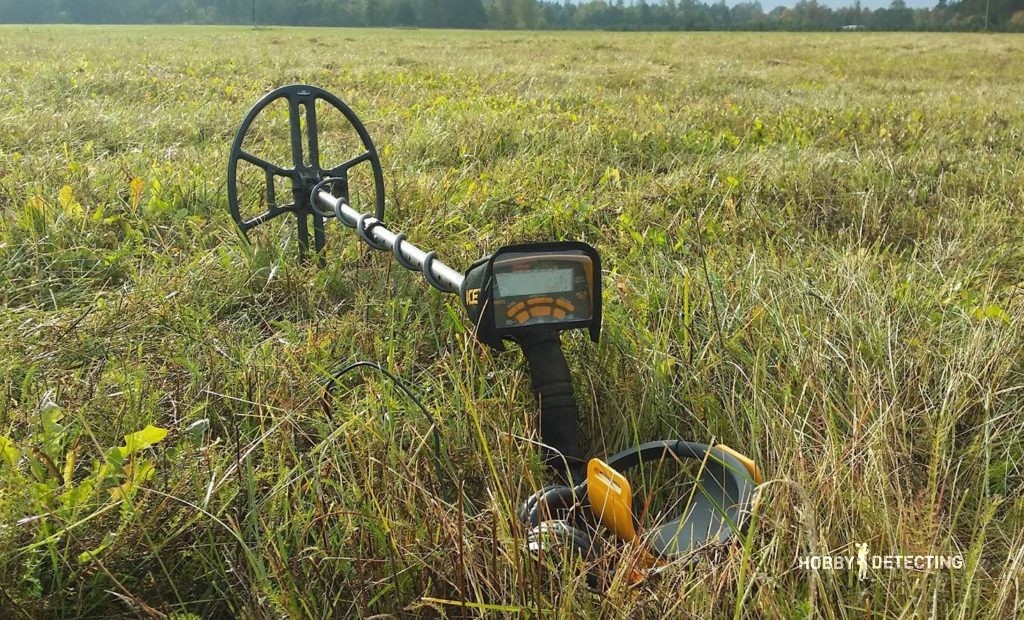
How many diggers say: “Thank you Grandpa for Garrett Ace 250” and this is largely true. Since this product has brought up not one generation of diggers, but everything has its time and now we must admit that the Ace 250 is “out of date”. Even despite the fact that the Ace was subjected to many improvements in the past, but its life came to retire a few years ago. Many will argue and argue, but it is better for almost the same price to take the new Ace 300 or 400. These devices have fewer settings than the Fisher, but they will bring you finds. Pros of the new Ace compared to the old: the VDI, improved characteristics for signal identification and separation of metals. More about Garrett ACE 400i here.
Minelab X-Terra 305
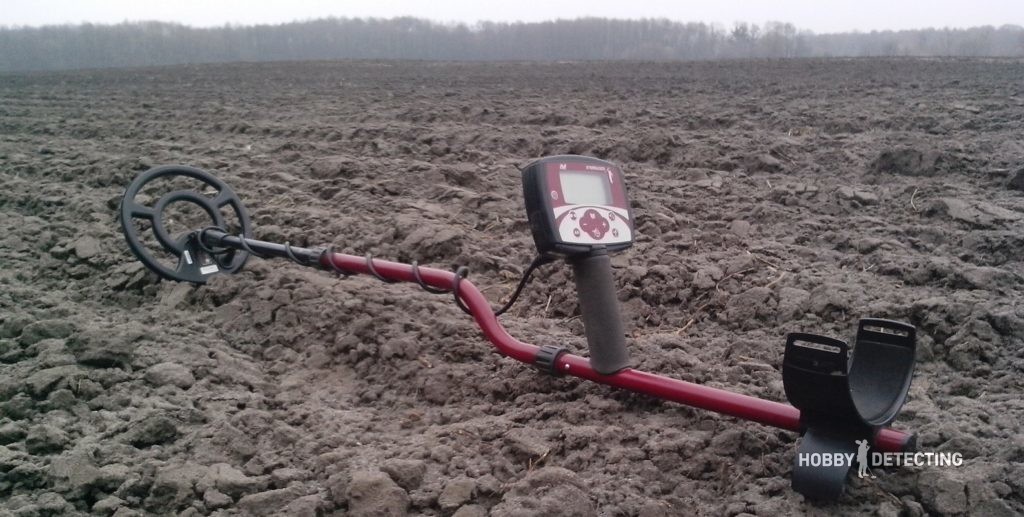
Starting to get a little old, but they can still show themselves out in the field. At least until a considerable alternative for the same price / quality gets released by Minelab. The detector itself considering the functional / performance is very sensible for its price. More about the Minelab X-Terra 305 here.
Teknetics Eurotek (Series)
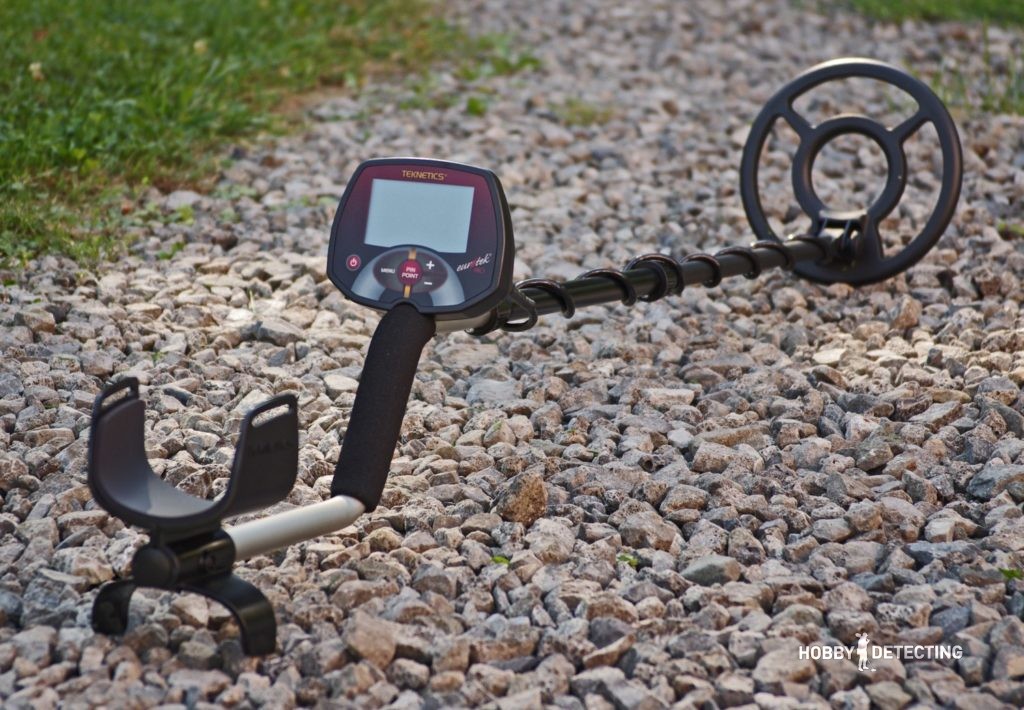
Probably one of the cheapest detectors that can now be bought. It is suitable for the detection of coins, or for “war relics hunting”. Like all devices for beginners it has no special “miracles”, it is a simple and functional working machine. It is lightweight and compact, and this is necessary for a starting detectorist.
PS I think it would be important to add that each device can get a little better, but not even a little, if you get a better coil for it. The standard coil 8 “-10” may often be insufficient for detecting, so many diggers take additional coils of the sizes 13 “or even 15”. A larger area is scanned in one swing + greater detection depth (also a little more digging of course).
Metal detectors for advanced diggers
If on one day or over one / two seasons you realize that your detector is “outdated” and it is necessary to take something better and more serious, it is still not recommended to go directly into the section of professional devices (although someone does). Also, if you have borrowed some simple detector from your friends, and went detecting with them, and want to dig with your own device and you have decided to get one for yourself, then you can also look in this range of detectors. You can buy a used detector for a good price, or take a new one, but with guarantee, and maybe without unpleasant surprises.
I would recommend the following detectors for this category:
Makro Racer 2
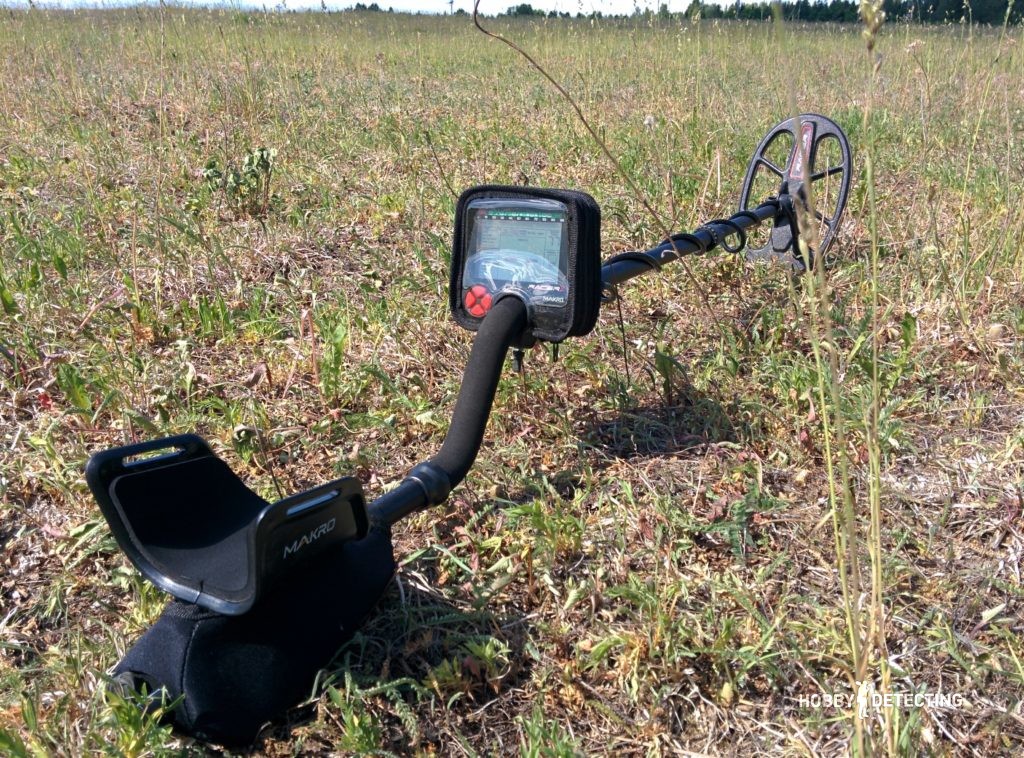
This is the detector with which I started off the season and used as a primary since its arrival on the store shelves here. Its search frequency is high, and it has a sufficient number of functions (very simple, very easy to set up), but with good depth and determination of metals in the soil. One of the interesting advantages it has is vibration. Yes, to not work with headphones and without sound, you can work with vibration and with a little illumination at the signal. A lightweight and well-balanced detector, it has a good detection of coins, especially the small and silver ones (thanks to the high frequency). More about the Makro Racer 2 here.
Minelab X-Terra 705
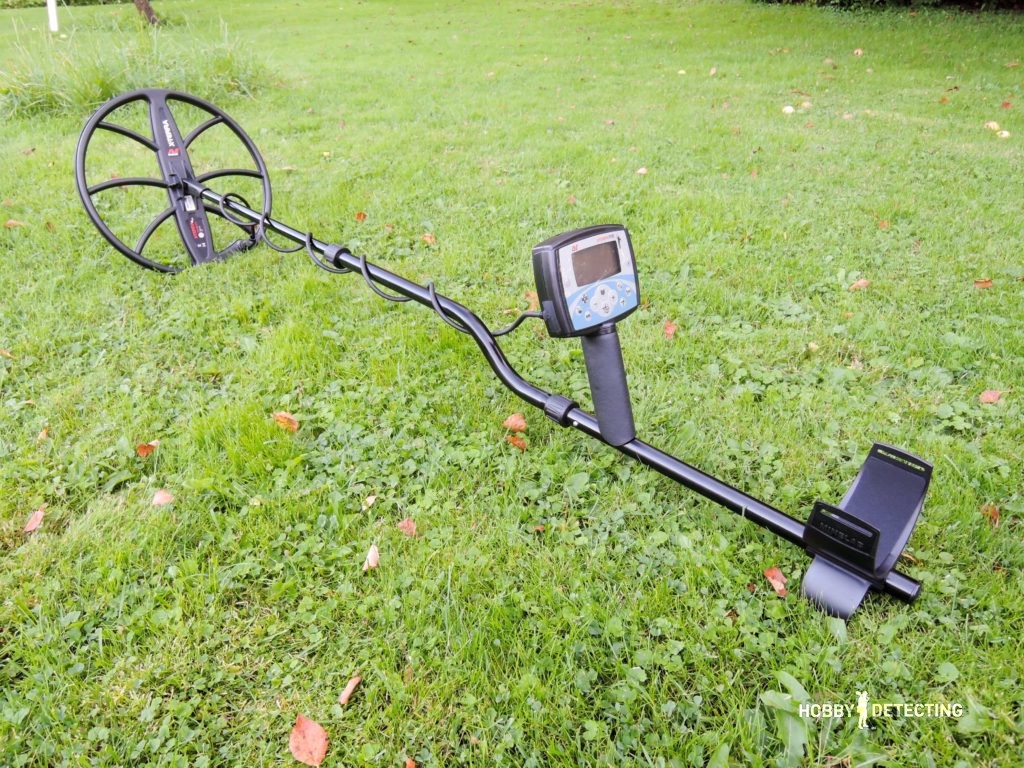
This detector is common to see in fields, but still the releasing of some of the new models are slowly pushing it to the background, I would not be so categorical in this metal detector. It is necessary to look closely at some very useful properties – geological exploration mode that helps you find some missing and deep targets in the ground, as well as the ability to work on multiple frequencies. Coupled with two or three-frequency coils, it becomes the most multifunctional detector in its class, and if you look at the price, you start to think about acquiring the Minelab X-Terra 705 + Nel Tornado coil (3 frequencies). You can detect in the woods, fields and even beaches. Three frequencies do their job. More about the Minelab X-Terra 705 here.
Garrett AT PRO
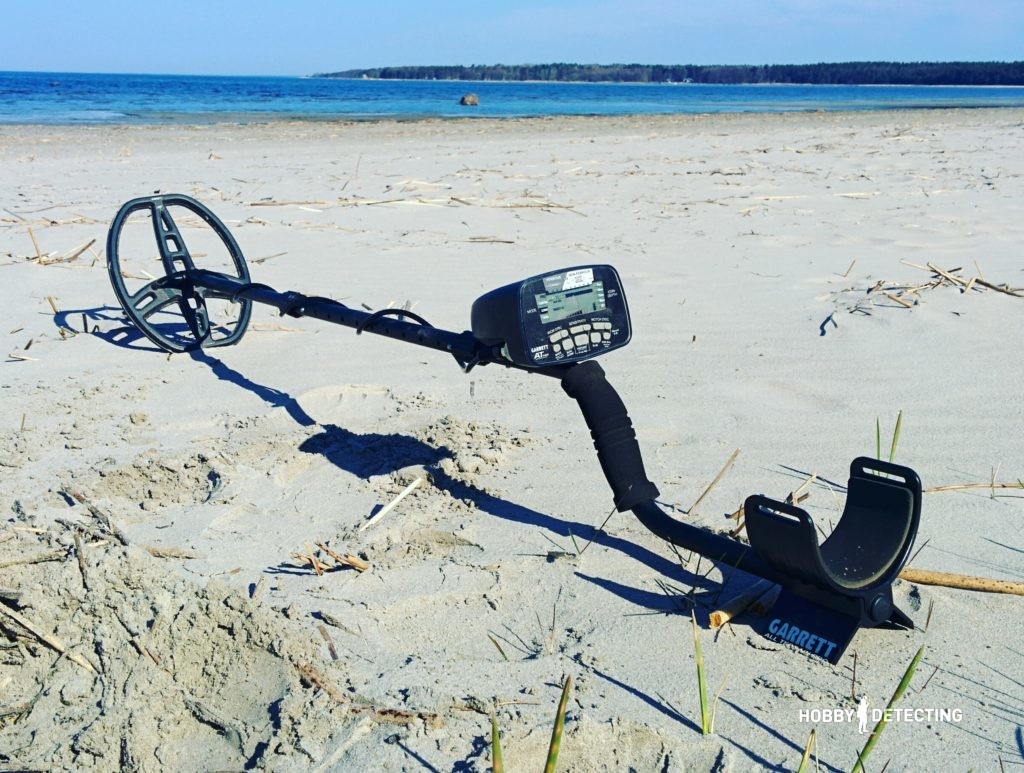
Probably the simplest detector in its class. Turn it on, adjust the ground-balance and start detecting. And it sure brings some good finds! If detecting for you is just going to the nature with a friend to find a couple of coins, then the AT Pro is the option for you. For a salty sea beach, it will not work, but to go with it along the freshwater reservoirs will be very interesting. More about Garrett AT PRO here.
Teknetics G2+
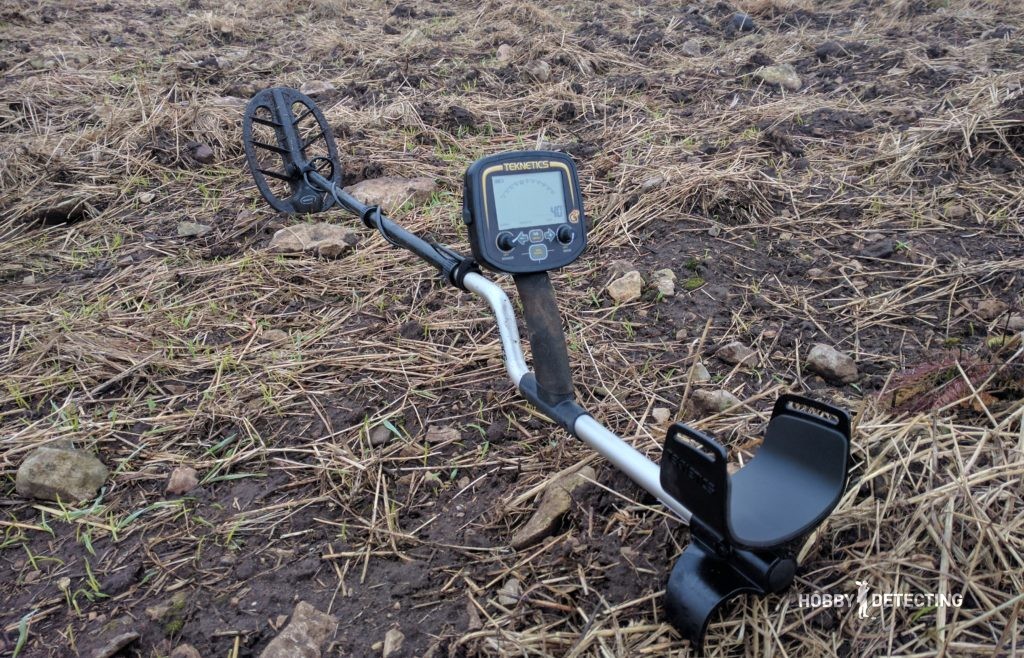
The closest competitor to Garrett AT PRO for the ease of operation. Quite a popular detector in Europe and the US, it is only necessary to look at where it is and where it is not commercially available. To collect coins with it would be the best. Those who hunt small crosses and jewelleries can also consider this detector. Very easy, my feeling is that it is even easier than the Garrett AT PRO, powered by one 9V battery, thanks to the sound and VDI performance you can better understand what is underneath the coil. I do not know, but the sound of Teknetics and Macro Racer 2 I love more than any others, it provides more information about an object, and this is important if you dig with headphones. More about Teknetics G2+ here.
The metal detectors for professionals
If you have enough skills and the necessary budget, then you can think about a professional detector. What is better with a professional metal detector? Only two things: you will dig less and leave more time to study the detector, than any of the devices above. But after passing the stage of getting used to the professional device (sometimes it takes up to three months or more!) The effectiveness of the detecting and the number of finds is already amazing … You will get more deep finds, and you will have finds on places where other detectors wont. Sometimes it happens that beginners immediately take professional devices which I would not recommend. The time which will be spent on the understanding of the device and on the understanding of detecting, but without the proper experience, will simply lead to the fact that the detector will be sold, and you will lose interest in detecting.
So, from my experience i would recommend:
Fisher F75
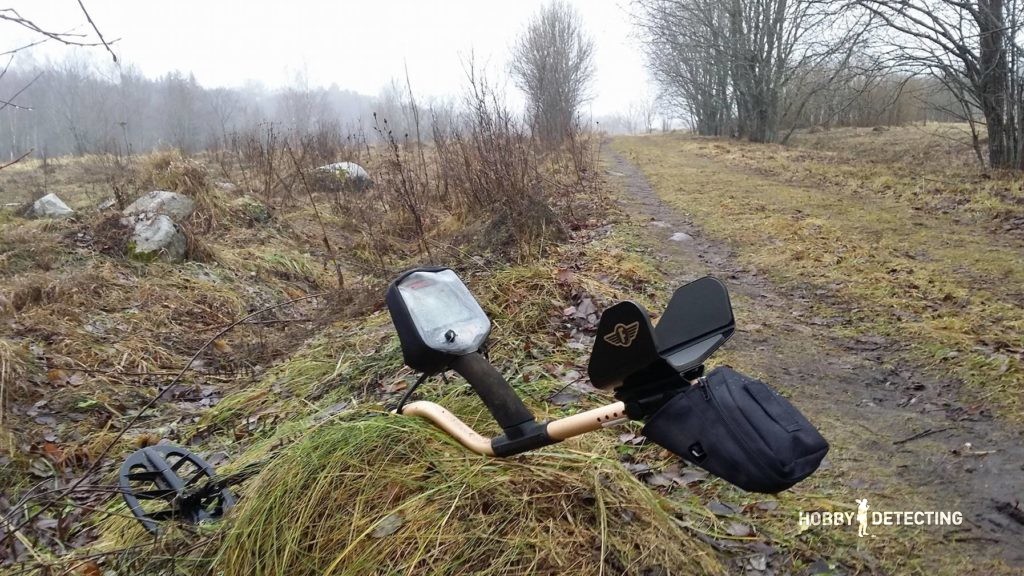
Recently, in my conversation with a salesperson who sells metal detectors in Bulgaria, the seller told me that “there are only two really serious and good detectors in the world – the Fisher F75 with DST technology and XP Deus”. The Fisher F75 I still only have started to understand, and the Deus have I been familiar with for quite a long time. F75 – a real workhorse and pretty cheap after it became the most affordable real professional unit on the market at the moment. A lot of necessary and useful features (even ploughed fields mode), decent depth, metal separation, detection of metals at a good depth (a fellow detectorist once dug out 5 kopecks from USSR at a 40-cm depth – the signal was clear) and if you attach some additional coils you will get more depth and a great advantage over other diggers. Always it with the DST logo on the box! More about Fisher F75 here.
XP Deus
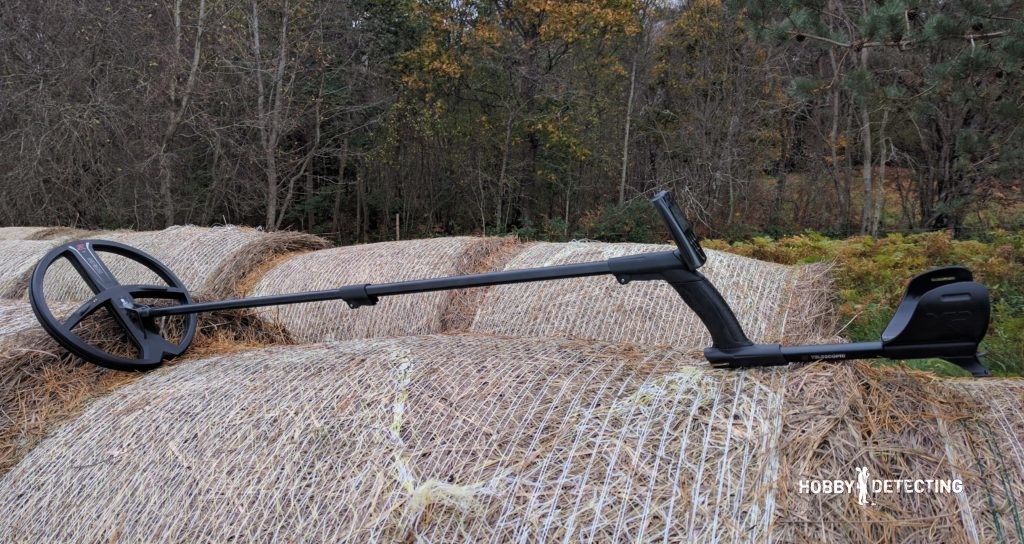
“Divine,” as it is jokingly referred to by many. Part of it is, it was difficult to adapt to this device and even now, through the season, I find it hard to say that I have understood this device. Mostly I was pleased with it, and sometimes not. But there is no ideal detector, and neither is this. Even though right now there is nowhere else such as a compact and lightweight detector without wires or with wireless headphones as the XP Deus. Sometimes it upsets me that it can only be used with the company’s own coil, without third-party manufacturers. The device is not cheap, the “iPhone” in the world of metal detectors. I would say that everything in it is balanced, there are different search modes, and you can start looking for a very simple, gradually creating their own modes and settings. The device is more appropriate for those who wants a stronger challenge in finding the perfect set-up mode for a specific type of search. The detector is pretty popular. More about the XP Deus here.
Minelab E-Trac
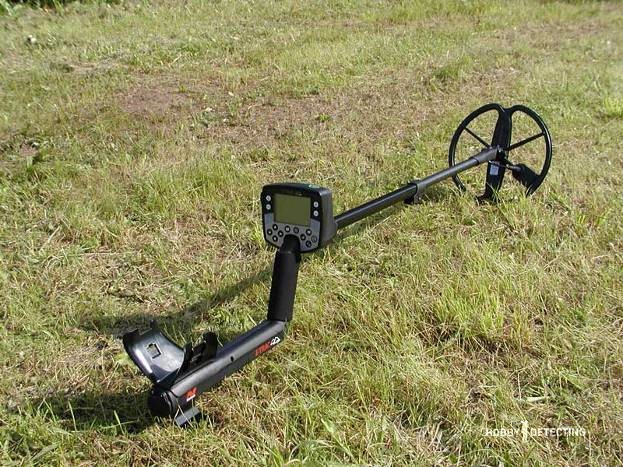
What can be said about this device? Heavy, it has multifrequency technology, lots of settings and modes. To understand it you will need a long time, there has even been written and published books on the secrets of this detector. I read one of the books and was impressed by this detector. In general, most professional and semi-professional by Minelab are made pretty well, and if you acquire such a device, having spent many months to study it, you can get some pretty serious finds even on places that has been detected several times before. At least fellow detectorists who has this detector constantly give it good feedback for its characteristics and functions, and indeed I have seen many such detectors in the field and seen what they can do, but it also has some weight…
The result
I have tried to collect those detectors that have been released over the past few years or are still of interest because of improvements that have been made to them. And taken into account the trends in 2016 was helping me, and MD store which is located not far from me. I hope that my modest rating, but not even the rating, my advices on choosing a detector will help you decide what model to acquire. Also, remember to take into account your own experiences and your fellow detectorists’. Anyway, you must remember, a metal detector does not bring the finds, you do, I just gathered the worthiest detectors to mention from the different categories based on my opinion.
Good luck detecting!

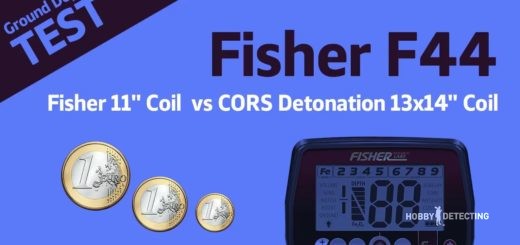
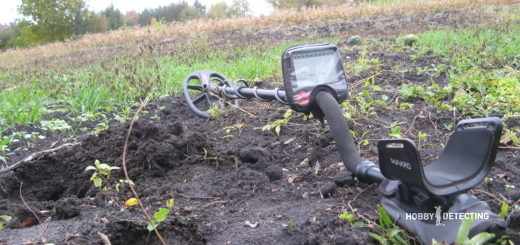
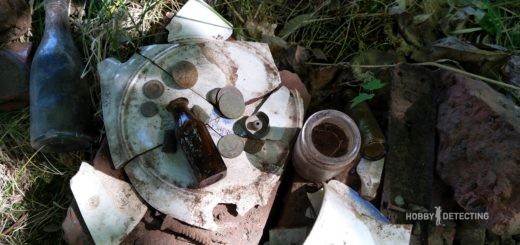

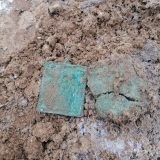
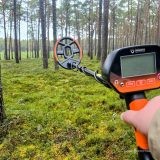
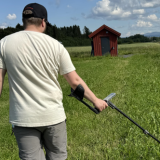

I like my Teknetics G2+! That will be my ready to go detector for 2017.
What about the T2 in general ?
T2 is advanced metal detector. Pity, that I still had no chance to try it out on my nice spots!
Minelab e-track
It’s also very professional!
Very good, Detectorist. You have provided well explained reasons for your choices, in my opinion, as well as sound presentation. Concise, and to the point. You have ‘hit the nails on the head’, I think.
Thank you Tim! It’s right.